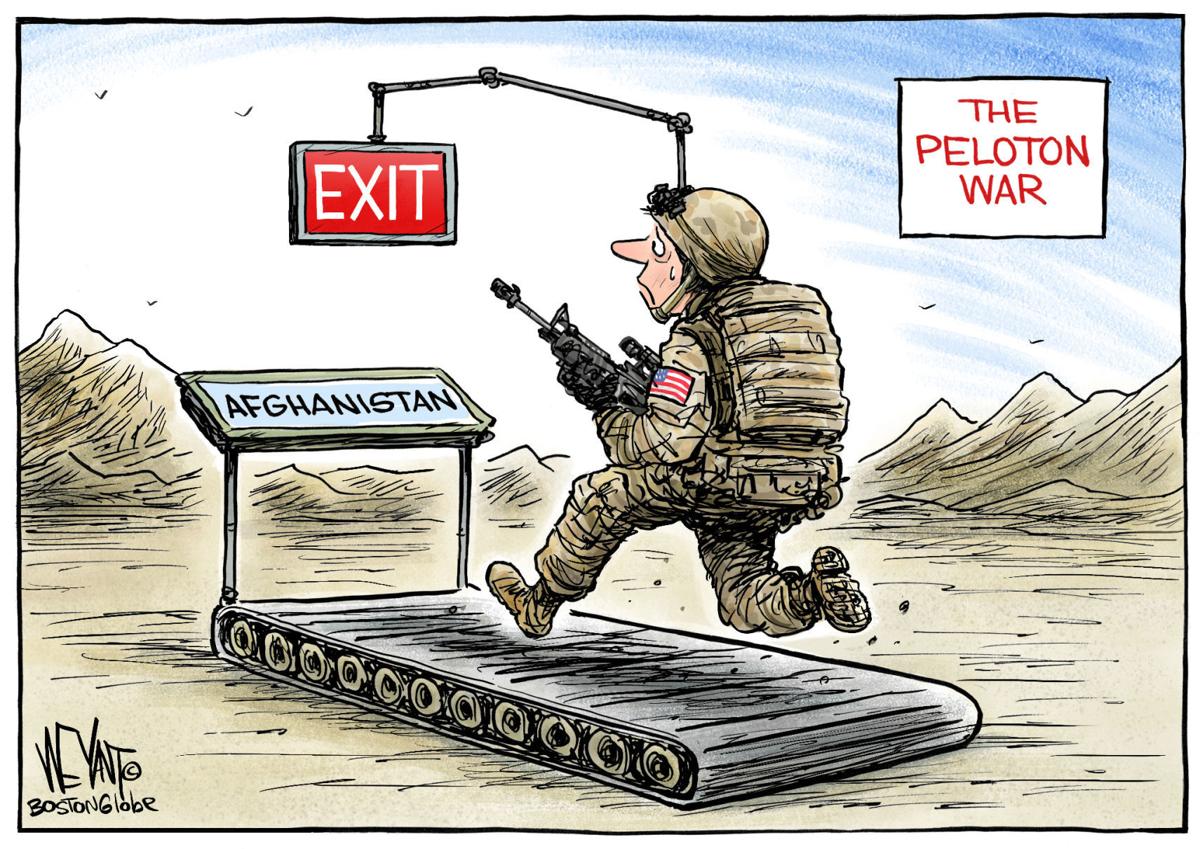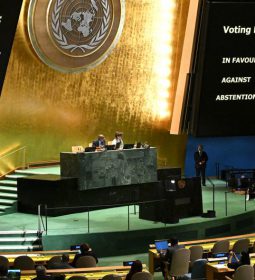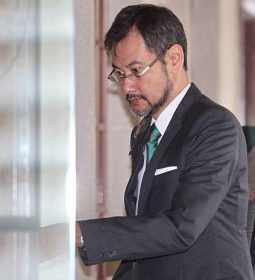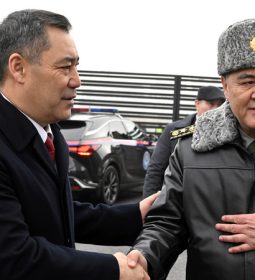Peace in Afghanistan? Again…and?

The solar year 1398 will end in a few hours and the new solar year of 1399 will begin. Afghanistan is celebrating the new year while the prospects for peace in the country are still unclear.
In the solar year 1398, the United States and the Taliban signed an agreement after eighteen months of talks.
After signing the agreement, both sides expressed hope that Washington’s longest war in Afghanistan would end. Afghanistan also experienced a seven-day reduction in violence leading up to the signing of the peace deal on February 29, but since then violence has resumed.
Intra-Afghan talks were also scheduled to begin on March 10, in order to bring about lasting peace and a ceasefire in Afghanistan. But this plan has been stalled by disagreements over the release of 5,000 Taliban prisoners, which had been discussed in the plan.
The first round of talks between the United States and the Taliban began on October 12, 2018, in Qatar, to end America’s longest war.
The second round of talks began a month after the first and was more formal, with both sides drawing a road map for the future.
The third round of talks were held in Abu Dhabi, UAE–the only round outside of Doha.
The meeting in the UAE lasted for three days and the Taliban did not allow an Afghan government delegation to attend the meeting, and refused to meet with their delegation.
In the 4th round of talks, the withdrawal of foreign troops from Afghanistan was one of the central discussions.
In the fifth round of talks, with the presence of newly-released Mullah Abdul Ghani Baradar–the discussions took another tone, and lasted for 16 days.
At the end of the sixth round of talks, the two sides announced that they had achieved results. It was from this point that the two sides started talking about “progress” at the end of each round.
At the end of the seventh round of talks, both sides announced that some issues had been agreed on.
In the eighth round of talks important agreements still had to be reached. This round of talks lasted for nine days, and did not deliver the desired results.
One of the most controversial rounds was the ninth, where the two sides declared that they were “on the verge of signing an agreement.”
But it was then that US President Donald Trump declared the talks “dead” when a Taliban suicide attack in Kabul killed one American soldier and 11 others, and the talks faced a deadlock.
Eventually the peace talks resumed with the prisoner swap of Anas Haqqani, Abdul Rashid and Mali Khan in exchange for the release of two US university professors.
After his release, Anas Haqqani was elected as a member of the Taliban’s delegation in Qatar.
Then President Trump visited Afghanistan and announced that the US and Taliban were engaged in peace talks and insisted the Taliban want to make a deal after heavy US fire in recent months.
“We’re meeting with them,” he said. “And we’re saying it has to be a ceasefire. And they don’t want to do a ceasefire, but now they do want to do a ceasefire, I believe… and we’ll see what happens.”
After a three-month halt in peace talks, the tenth and final meeting between the United States and the Taliban focused on a reduction in violence and ceasefire.
After the tenth round of talks between the United States and the Taliban, the Taliban finally agreed to seven-day reduction in violence in the country, during which parts of the country, especially large cities, experienced reduced violence.
The successful reduction in violence period led to the signing of a US-Taliban peace deal on February 29, 2020.
Ten days after the peace deal was signed, the withdrawal of US troops from Afghanistan began. The peace agreement mentioned the release of 5,000 Taliban prisoners by the government in exchange for 1,000 security force members held by the Taliban. The Taliban insist these prisoners must be released before the talks begin, but the Afghan government wants the release to happen during the talks.
On Wednesday, US peace envoy Zalmay Khalilzad said that the United States would like to see prisoner releases begin as soon as possible in line with the US-Taliban agreement. “No prisoners have been released to date despite the commitment to do so expressed by both sides,” Khalilzad tweeted.
- Previous Thailand-More border closures in fight against virus
- Next Againistan: Afghan forces ramp up defence options as Taliban attacks continue
















